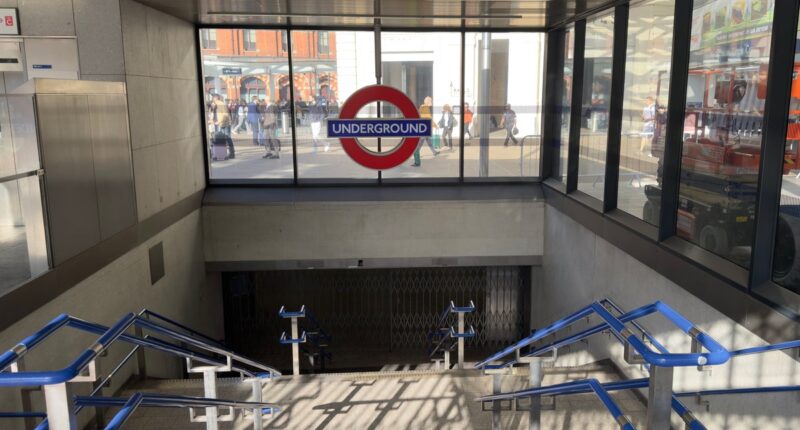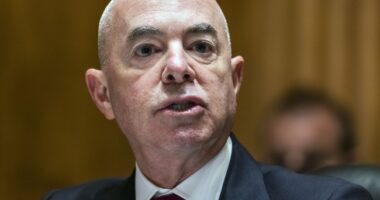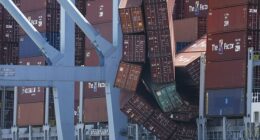“It’s Monday lunchtime, we should be busy with queues – but we have just one customer inside.”
Traders in London say they are feeling the brunt of the huge Tube strike this week, as economists forecast the union action could deliver a £230m blow to the capital’s economy, with small businesses hardest hit.
The walkout over pay and conditions by Rail, Maritime and Transport (RMT) members started on Sunday, but it was on Monday morning when the city felt the impact, with few services operating across the Underground.
It disrupted city workers’ morning commute, with many deciding to work from home. Those who made the journey faced longer trips into the heart of the capital on buses, congested bicycle lines or in cars.
Meanwhile, cafes and restaurants in usually busy parts of the city at lunchtime reported huge drops in customers.
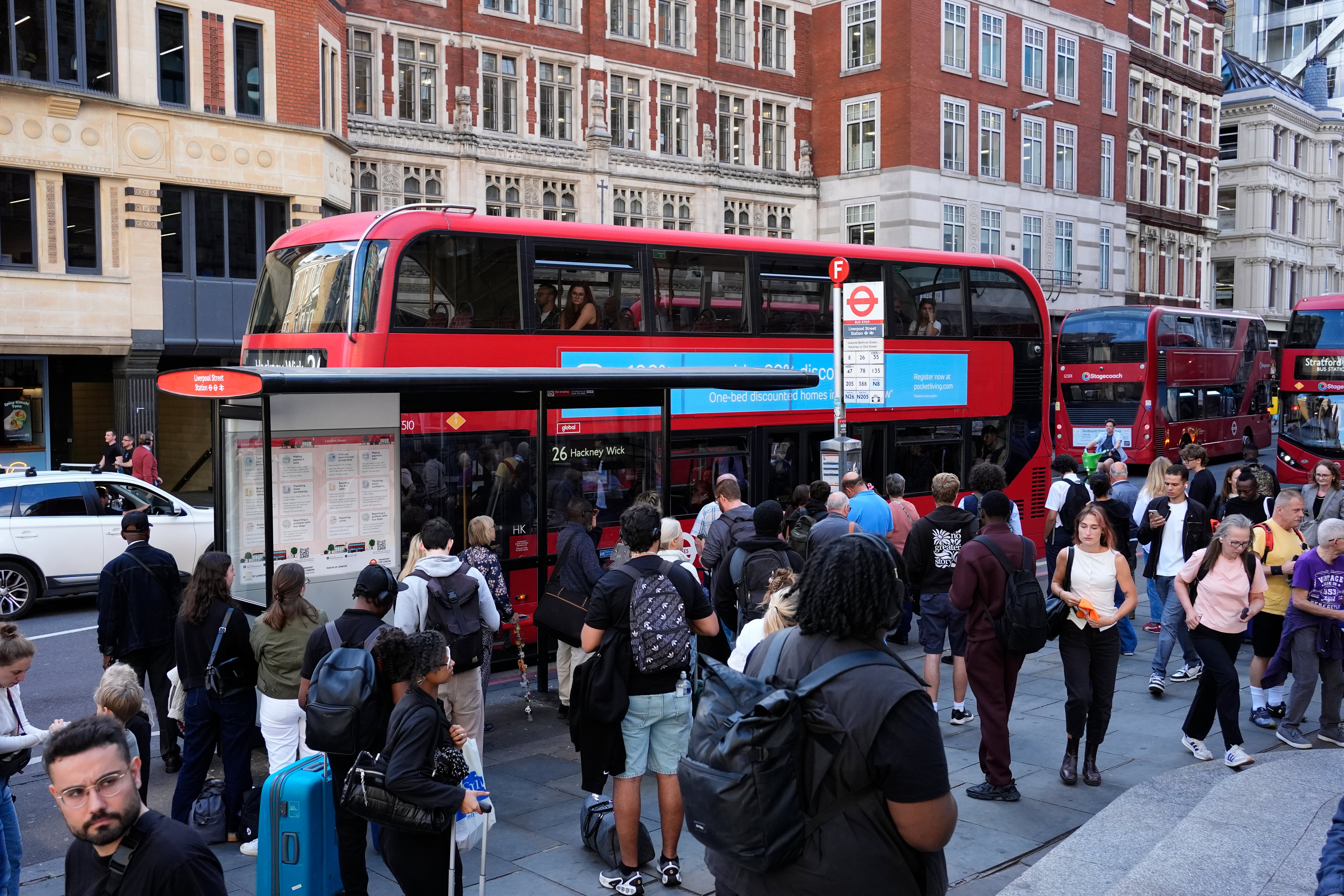
Business leaders described the strike as a “heavy blow” to retailers in the city, with the decision to strike “sending out a really poor message to visitors and investors”.
On Monday lunchtime, Sir Keir Starmer’s spokesperson issued a statement, demanding that the RMT, which wants a cut in the working week for members, and Transport for London (TfL) resolve the dispute and bring the industrial action to an end.
Inside La Dolce Vita Cafe, in Tower Hamlets, owner Khaled Semrani said he had just one customer on Monday at 1pm. The cafe, which he opened two years ago, is a short walk from Aldgate, an Underground stop on the Circle and Metropolitan lines.
It is also close to Tower Gate on the London Docklands Railway (LDR), which will have no services due to RMT members’ separate pay dispute.
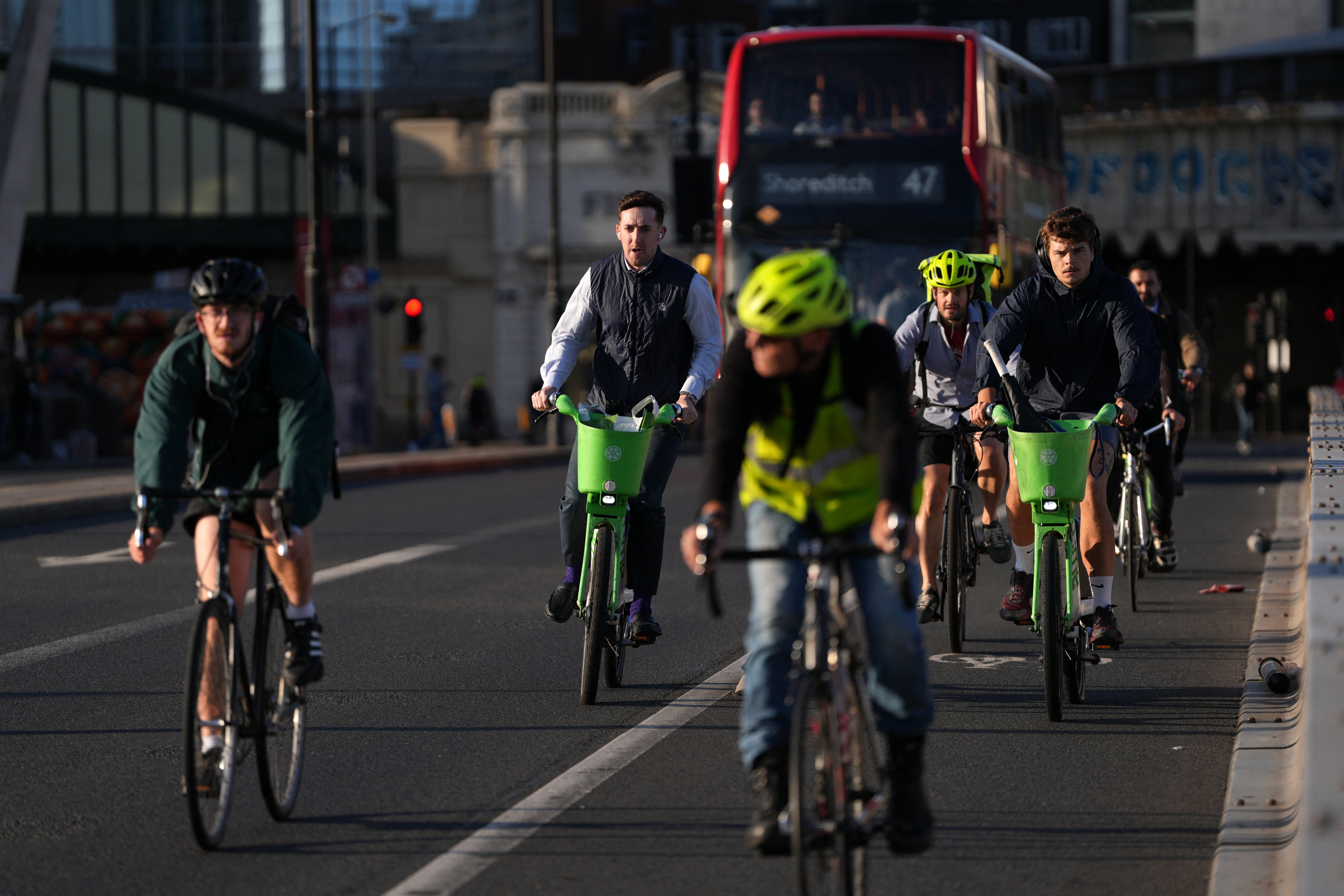
“Usually we’d have queues, but today it’s very quiet, we don’t have the customers,” he told The Independent. “Our location is surrounded by mostly offices, so if people are not in, it makes a big difference.
“I wish the strike would end. They [RMT union members] get paid a lot in my view. You look around this morning at everyone trying to get to work, then the businesses like mine today. It has a big impact on everyone.”
In Farringdon, Roni Firat said his cafe, called Roni’s Cafe, was 25 per cent down in customers on Monday morning. The cafe is near Barbican Underground station, which sits on the Circle, Hammersmith and Metropolitan lines. “When you see the cafe quiet, it’s hard, really hard,” he said. “We want the strike to end.”
The cost of the strike action is expected to be at least £230m for the city’s economy, according to research by the London-based Centre for Economics and Business Research (CEBR). However, the real cost is likely to be much higher, with indirect impacts, including a fall in retail and tourism footfall, not included in the calculation.
“I think your SME (small or medium enterprise business) will be hit the hardest,” managing economist Pushpin Singh told The Independent. “Those who rely on footfall or sole traders who move around on the Tube will really feel the impact. Bigger businesses have facilities for home working, so they are in a better position.
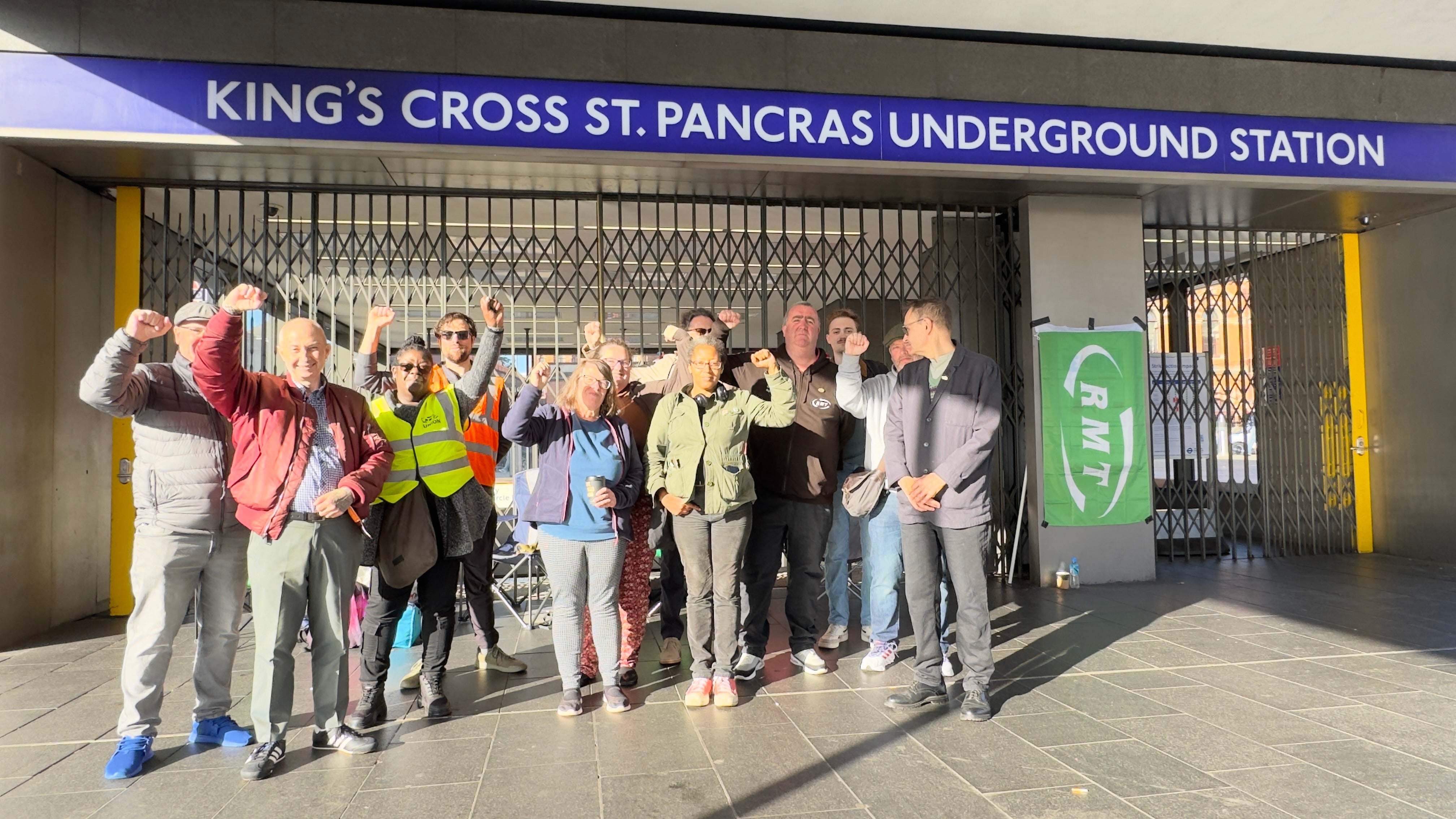
“The last few years have been hard for SMEs. When things started looking rosier after Covid, with inflation coming down and interest rates loosening, they were hit by raids, with national insurance hikes and national living wages. So it’s hard when another thing comes that hits the small margins.”
Among the sectors fearing the impact is hospitality, which includes pubs, restaurants and cafes. UK Hospitality, the trade body for hospitality businesses in the UK, estimated the strike could cost the sector up to £110m.
Its chair, Kate Nicholls, called for an end to the strike action. She said: “Consumers will be forced to change or cancel their plans, impacting sales, and many hospitality teams will have difficulty making it to work.
“This level of impact comes at a time when businesses can least afford it, having just been hit with £3.4bn in additional annual cost.”
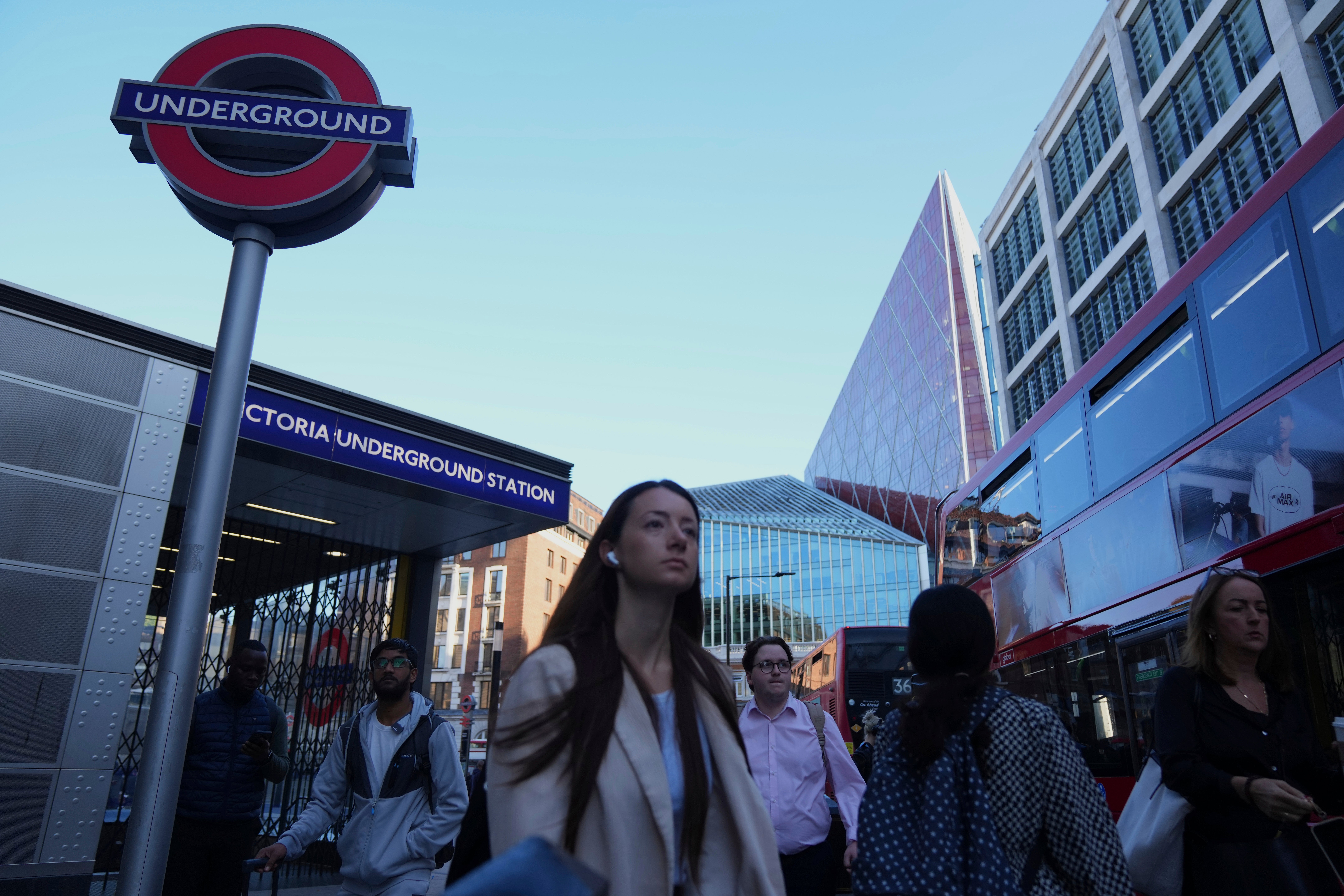
Warning the strike action will deliver a “heavy blow” to retail, Kris Hamer, director of insight at the British Retail Consortium, said: “This will be another blow to retail businesses who have already been hit by huge costs this year from rises to NICs, NLW, and other policy costs.”
Muniya Barua, deputy chief executive at BusinessLDN, added: “At a time when the economy is weak and firms are already reeling from a national insurance hike, the economic cost of these strikes could run into hundreds of millions of pounds. It also sends a really poor message to visitors and investors.”
The RMT union strike includes drivers, signallers and maintenance workers, and comes over a demand by members for a cut in the 35-hour working week. TfL has offered a 3.4 per cent pay rise, which it described as “fair”, and said it cannot afford to meet the RMT’s demand for reduced hours.
An RMT spokesperson said: “We are not going on strike to disrupt small businesses or the public.
“This strike is going ahead because of the intransigent approach of TfL management and their refusal to even consider a small reduction in the working week in order to help reduce fatigue and the ill-health effects of long-term shift work on our members.”
